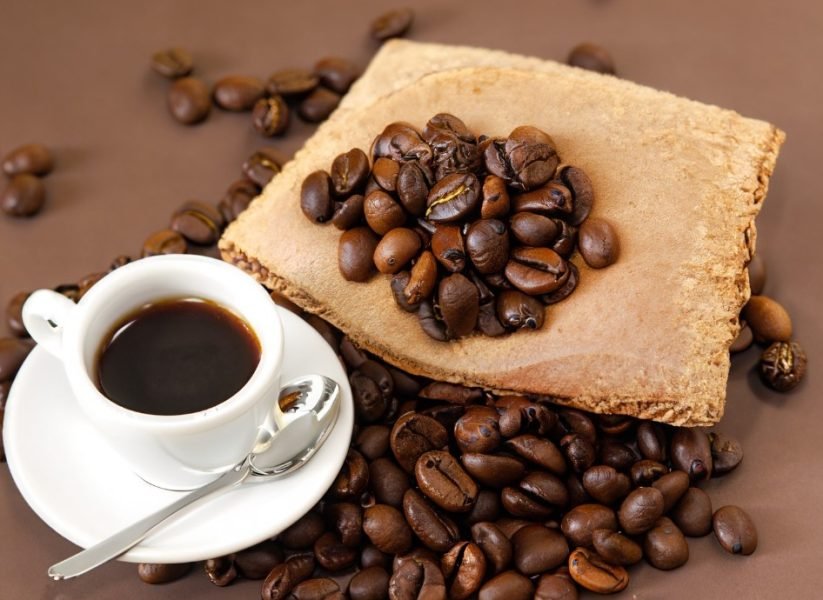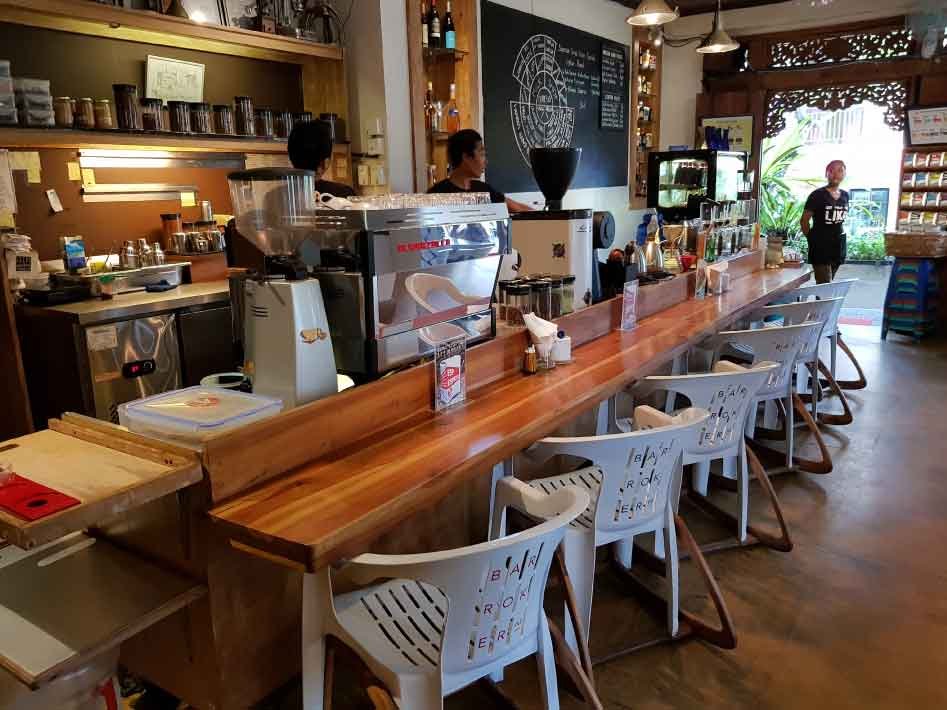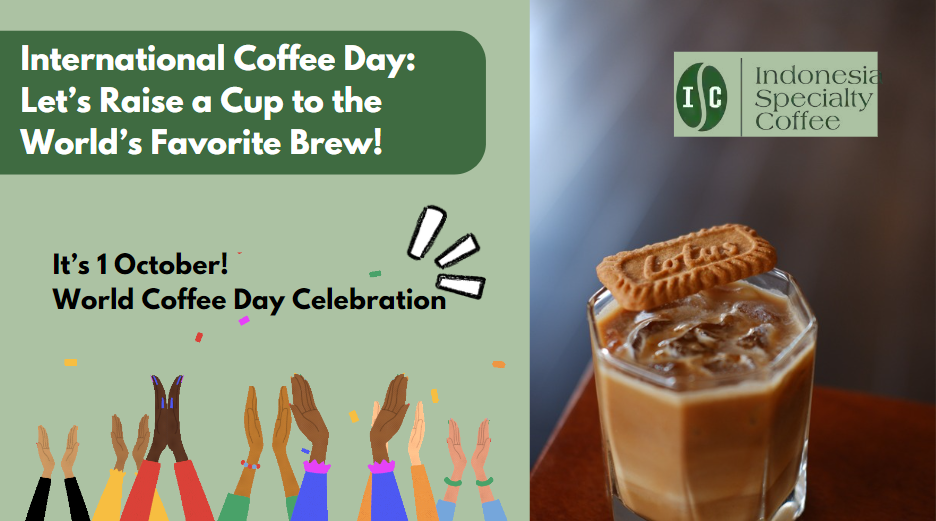Comparison: Indonesia Arabica Coffee vs. Indonesia Robusta Coffee. Coffee is one of the world’s most beloved beverages, enjoyed by millions of people across the globe. It is a versatile drink that can be prepared and enjoyed in various ways, from espresso shots to frothy cappuccinos. Indonesia, known for its rich coffee culture, is home to two primary coffee varieties: Arabica and Robusta. In this article, we will explore the key differences and unique characteristics of Indonesian Arabica coffee and Indonesian Robusta coffee.
1. Origin and Growing Regions
Indonesian Arabica Coffee:
Indonesian Arabica coffee is renowned for its high-quality beans grown primarily in the high-altitude regions of Sumatra, Java, Bali, and Sulawesi. The volcanic soil and ideal climate in these areas provide the perfect conditions for Arabica coffee cultivation. Each region offers its own distinct flavor profile due to variations in altitude, soil composition, and microclimates.
Indonesian Robusta Coffee:
Robusta coffee, on the other hand, is typically grown in lowland regions of Indonesia, such as Lampung and Bengkulu in Sumatra. Robusta plants are hardier and more resistant to pests and diseases, making them well-suited to lower altitudes and less forgiving climates. As a result, Robusta coffee is often considered more accessible and affordable.
2. Flavor Profile
Indonesian Arabica Coffee:
Indonesian Arabica coffee is known for its complex and diverse flavor profile. It often boasts earthy and herbal notes, with hints of dark chocolate, spice, and even a subtle fruitiness. Some famous Indonesian Arabica varieties include Sumatra Mandheling, Java Arabica, and Bali Kintamani, each offering its unique set of flavors.
Indonesian Robusta Coffee:
Indonesian Robusta coffee, in contrast, is characterized by a bolder and more robust taste. It tends to be more bitter and less acidic than Arabica. Robusta coffee from Indonesia typically has nutty and woody undertones with a stronger, more pronounced bitterness. It is often favored for its ability to create a strong espresso with a thick crema.
3. Caffeine Content
Indonesian Arabica Coffee:
Arabica coffee beans generally contain less caffeine than Robusta beans. Indonesian Arabica coffee typically has a moderate caffeine content, making it a suitable choice for those who prefer a milder caffeine kick. The lower caffeine levels also contribute to its smoother and less bitter taste.
Indonesian Robusta Coffee:
Robusta coffee beans, including those grown in Indonesia, have a notably higher caffeine content. This higher caffeine concentration results in a more robust and bitter flavor profile. Robusta is often favored for its ability to add intensity and body to espresso blends.
4. Brewing Methods
Indonesian Arabica Coffee:
Indonesian Arabica coffee beans are versatile and can be used in various brewing methods. They shine in pour-over, drip, and French press preparations. Their complex flavors and moderate acidity make them suitable for those who enjoy exploring different brewing techniques and savoring the nuances of their coffee.
Indonesian Robusta Coffee:
Robusta coffee is commonly used in espresso blends due to its strong and bitter characteristics. It forms the foundation for many espresso-based beverages, such as lattes and cappuccinos. Its higher caffeine content and intense flavor make it an excellent choice for those seeking a bold coffee experience.
5. Price and Accessibility
Indonesian Arabica Coffee:
Indonesian Arabica coffee is often considered a premium product with a higher price tag compared to Robusta. The meticulous cultivation, hand-picking of cherries, and unique flavor profiles contribute to its elevated cost. It is a favorite among specialty coffee enthusiasts willing to pay for exceptional quality.
Indonesian Robusta Coffee:
Robusta coffee is generally more affordable and accessible than Arabica. Its robust nature and higher yields make it a cost-effective choice for both domestic and international markets. It is commonly used in commercial coffee blends and instant coffee products.
6. Sustainability and Farming Practices
Indonesian Arabica Coffee:
Many Indonesian Arabica coffee producers are adopting sustainable farming practices, such as shade-grown cultivation and organic farming methods. These efforts aim to preserve the natural environment and support the livelihoods of local communities.
Indonesian Robusta Coffee:
Robusta coffee is often grown using more conventional farming methods, but there is an increasing awareness of the need for sustainable and environmentally friendly practices in its cultivation. Some Robusta coffee farms are transitioning to more eco-friendly approaches.
In conclusion, both Indonesian Arabica and Indonesian Robusta coffee have their unique characteristics and appeal to different preferences. Arabica offers a diverse flavor spectrum and is favored by those who appreciate complex tastes, while Robusta is known for its boldness and higher caffeine content, making it a preferred choice for espresso lovers. Ultimately, the choice between these two Indonesian coffee varieties comes down to personal taste and brewing preferences. Coffee enthusiasts can enjoy exploring the distinctive flavors each type has to offer while appreciating the rich coffee heritage of Indonesia.







